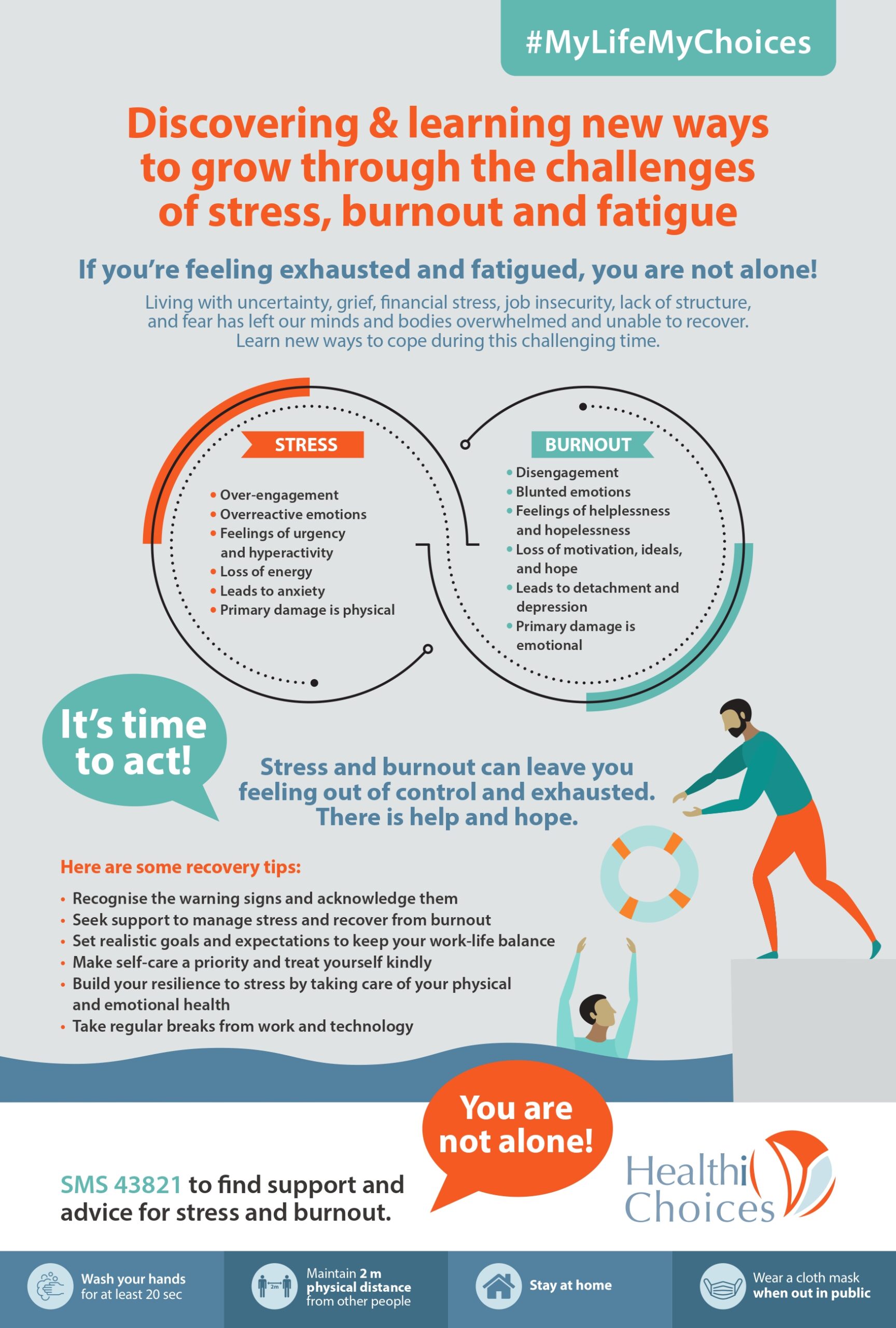Divorce – where to begin when it ends
Did you know that one in three marriages in South Africa ends in divorce?

Claire Penfold, head of Mediation Services at The Family Life Centre, says that if either party is considering divorce, she would always encourage them to attend marriage counselling first, even if the outcome is a mutual agreement to divorce. “This provides an opportunity to discuss the relationship and gain an acceptance of where the other party is“, explains Penfold. “In any divorce situation, the parties are not in the same place emotionally. One party is usually more resolved that the relationship is over – this disinvestment in the marriage can take place over months or years. When that party raises the issue of a divorce, the other party’s world collapses.“
A challenging decision
Penfold says that divorce is one of the most stressful life experiences one can go through – there is immense loss and sadness and the recovery period can last for years. “Parties should seek out emotional support during this time, both for themselves and their children” explains Penfold. “The best predictor of how the children will cope with a divorce, is how the parents are coping. If parents can be respectful to each other in front of the kids and make it easier for children to move between both homes without the children worrying about the other parent, kids can settle fairly easily.”
Contested or uncontested
Bertus Preller, family law attorney and author of the book Everyone’s Guide To Divorce and Separation, says that an uncontested divorce is the least expensive proceeding and can be concluded in about six weeks or less. “An uncontested divorce is one in which you and your spouse work together to agree on the terms of your divorce“, explains Preller. “You can both consult with the same attorney or go through mediation or even use an online divorce service. There is no formal trial, and only the plaintiff appears in court. In an uncontested divorce the parties agree on how to divide their assets and, if there are children involved, which parent will become the ‘parent of primary residence’ and which will be the parent of ‘alternate residence’.” A settlement agreement is then drafted with the help of an attorney, mediator or online divorce service, signed by both parties and made an Order of the Court.
A divorce is contested when the parties are not able to agree on the division of their assets, and when minor children are involved. Questions on who will be awarded primary care and what amount of maintenance will be paid (if any) will arise. This can be a very costly and long process (taking anything from three months to three years or more to complete). The courts are often where contested divorce disputes are resolved or settled.
Choosing a divorce attorney
There are many excellent and ethical attorneys out there to represent you. “There are also many who don’t keep up to date with the law, don’t care much about your personal needs and/or charge too much” says Preller. “No matter how straightforward your case, it will likely move faster and be easier if you have a competent attorney to oversee it from beginning to end.“
- Choose an attorney who has experience in handling divorce cases. Don’t ask a general attorney to handle your divorce case – it’s like asking a GP to operate on your heart, says Preller.
- Choose someone who will represent your interests. “Whether that means fighting it out in court or making sure you get a fair settlement,” says Preller. “Ask your divorced friends or family members whether they liked their attorneys, and why. Find an attorney who will treat both you and your spouse with respect and who considers the welfare of your children as his or her top priority.”
- Don’t hire someone who badmouths colleagues and promises you ‘the world’ – including getting you whatever you want out of your spouse as well the payment of all costs for the proceedings.
Divorce deals mainly with financial issues and children. You need to supply your attorney with information to manage your case. “As a client you need to be calm, coherent and reasonable,” advises Preller. “Working with an attorney takes some patience, and you must remember that your attorney has other responsibilities and cases that may be more pressing at certain times. It doesn’t mean that your questions or concerns should be ignored, but you have to be realistic in your expectations.”
Resources
- The Family Life Centre, http://www. familylife.co.za
- Bertus Preller, family law attorney at Bertus Preller and Associates in Cape Town

